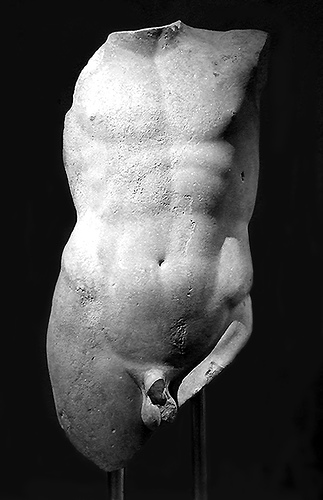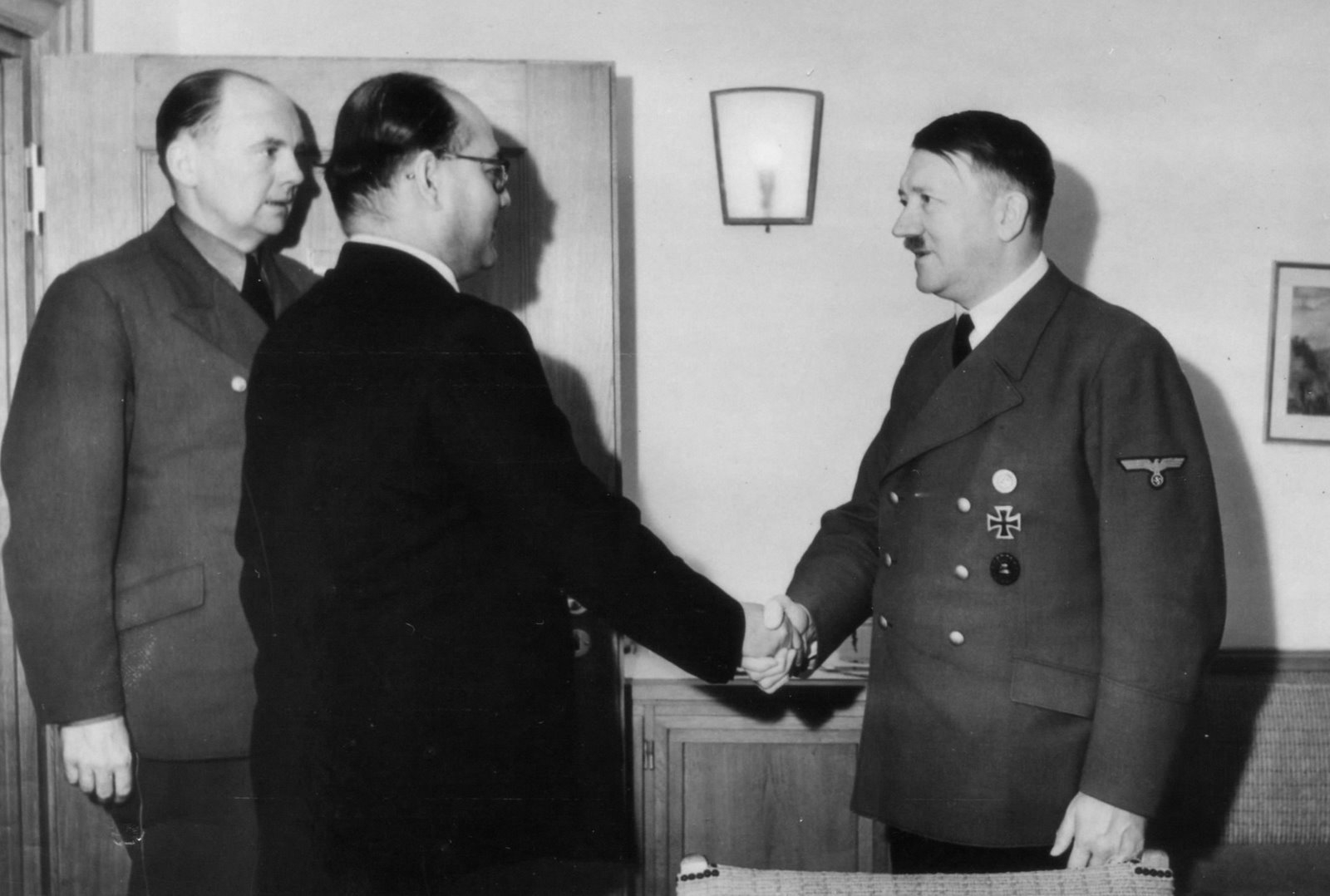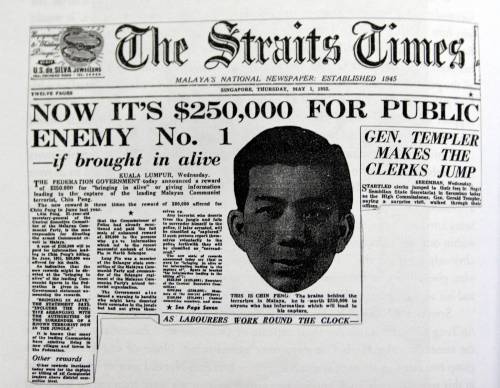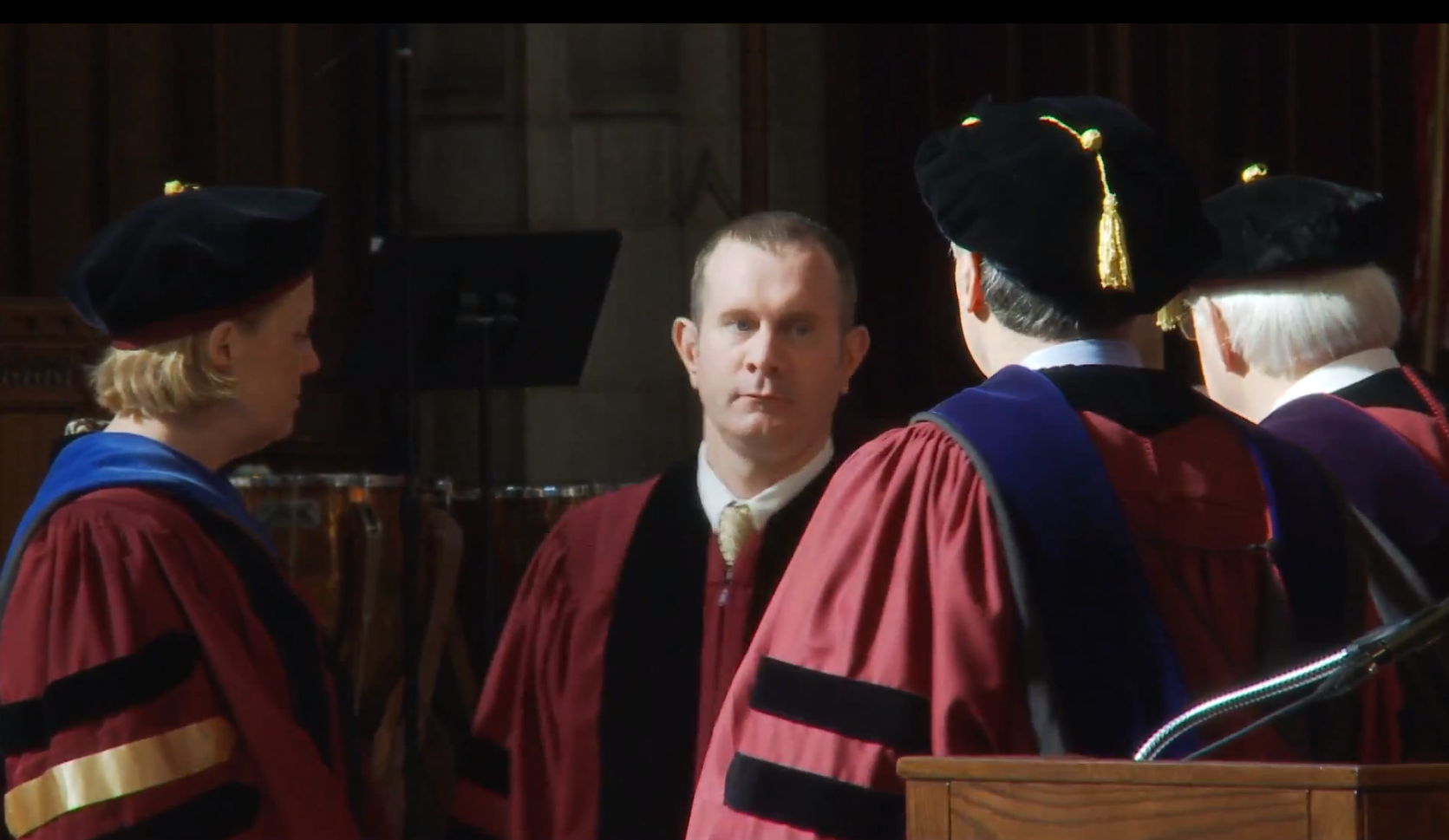Revolution without Marx? Rousseau and his followers for the Left
Chris Cutrone
Presented on a panel with Spencer A. Leonard and Sunit S. Singh at the Left Forum 2013, Pace University, New York, June 9, 2013. Complete video and audio recordings of the panel discussion are available at: http://media.platypus1917.org/revolution-without-marx-rousseau-and-his-followers-for-the-left/
Introduction
Bourgeois society came into full recognition with Rousseau, who in the Discourse on the Origin of Inequality and On the Social Contract, opened its radical critique. Hegel wrote: “The principle of freedom dawned on the world in Rousseau.” Marx quoted Rousseau favorably that “Whoever dares undertake to establish a people’s institutions must feel himself capable of changing, as it were, human nature… to take from man his own powers, and give him in exchange alien powers which he cannot employ without the help of other men.” Rousseau posed the question of society, which Adorno wrote is a “concept of the Third Estate.” Marx recognized the crisis of bourgeois society in the Industrial Revolution and workers’ call for socialism. But proletarian socialism is no longer the rising force it was in Marx’s time. So what remains of thinking the unrealized radicalism of bourgeois society without Marx? Kant stated that if the potential of bourgeois society was not fully achieved as the “mid-point” of freedom then Rousseau may have been right to prefer savagery against civilization’s “glittering misery.” Nietzsche warned that we might continue to be “living at the expense of the future:” “Perhaps more comfortably, less dangerously, but at the same time in a meaner style, more basely.” How have thinkers of the revolutionary epoch after Rousseau, Adam Smith, Kant, Hegel, Benjamin Constant, and Nietzsche himself, contributed to the possibility of emancipation in a world after Marxism?
Marx and Rousseau
Marx’s favorite quotation of Rousseau, from On the Social Contract, goes as follows:
Whoever dares undertake to establish a people’s institutions must feel himself capable of changing, as it were, human nature, of transforming each individual, who by himself is a complete and solitary whole, into a part of a larger whole, from which, in a sense, the individual receives his life and his being, of substituting a limited and mental existence for the physical and independent existence. He has to take from man his own powers, and give him in exchange alien powers which he cannot employ without the help of other men.
Marx wrote that this was “well formulated,” but only as “the abstract notion of political man,” concluding that,
Human emancipation will only be complete when the real, individual man has absorbed into himself the abstract citizen; when as an individual man, in his everyday life, in his work, and in his relationships, he has become a species-being; and when he has recognized and organized his own powers as social powers so that he no longer separates this social power from himself as political power.
What did Marx mean by “social powers” as opposed to the “political power” from which it has been “separated?” A key passage from Marx’s Grundrisse articulates well the new modern concept of freedom found in Rousseau:
[T]he ancient conception, in which man always appears (in however narrowly national, religious, or political a definition) as the aim of production, seems very much more exalted than the modern world, in which production is the aim of man and wealth the aim of production. In fact, however, when the narrow bourgeois form has been peeled away, what is wealth, if not the universality of needs, capacities, enjoyments, productive powers etc., of individuals, produced in universal exchange? What, if not the full development of human control over the forces of nature — those of his own nature as well as those of so-called “nature”? What, if not the absolute elaboration of his creative dispositions, without any preconditions other than antecedent historical evolution which make the totality of this evolution — i.e., the evolution of all human powers as such, unmeasured by any previously established yardstick — an end in itself? What is this, if not a situation where man does not reproduce in any determined form, but produces his totality? Where he does not seek to remain something formed by the past, but is in the absolute movement of becoming? In bourgeois political economy — and in the epoch of production to which it corresponds — this complete elaboration of what lies within man, appears as the total alienation, and the destruction of all fixed, one-sided purposes as the sacrifice of the end in itself to a wholly external compulsion. Hence in one way the childlike world of the ancients appears to be superior; and this is so, insofar as we seek for closed shape, form and established limitation. The ancients provide a narrow satisfaction, whereas the modern world leaves us unsatisfied, or, where it appears to be satisfied, with itself, is vulgar and mean.
As the intellectual historian and critic of Michel Foucault’s historicism, James Miller, put it in introduction to Rousseau,
The principle of freedom and its corollary, “perfectibility,” . . . suggest that the possibilities for being human are both multiple and, literally, endless. . . . Contemporaries like Kant well understood the novelty and radical implications of Rousseau’s new principle of freedom [and] appreciated his unusual stress on history as the site where the true nature of our species is simultaneously realized and perverted, revealed and distorted. A new way of thinking about the human condition had appeared.
Another contemporary intellectual historian, Louis Menand, writing in introduction to the republication of Edmund Wilson’s history of socialism To the Finland Station, described this new way of thinking in Marx and Engels as follows:
In premodern societies, the ends of life are given at the beginning of life: people do things in their generation so that the same things will continue to be done in the next generation. Meaning is immanent in all the ordinary customs and practices of existence, since these are inherited from the past, and are therefore worth reproducing. The idea is to make the world go not forward, only around. In modern societies, the ends of life are not given at the beginning of life; they are thought to be created or discovered. The reproduction of the customs and practices of the group is no longer the chief purpose of existence; the idea is not to repeat, but to change, to move the world forward. Meaning is no longer immanent in the practices of ordinary life, since those practices are understood by everyone to be contingent and time-bound. This is why death, in modern societies, is the great taboo, an absurdity, the worst thing one can imagine. For at the close of life people cannot look back and know that they have accomplished the task set for them at birth. This knowledge always lies up ahead, somewhere over history’s horizon. Modern societies don’t know what will count as valuable in the conduct of life in the long run, because they have no way of knowing what conduct the long run will find itself in a position to respect. The only certain knowledge death comes with is the knowledge that the values of one’s own time, the values one has tried to live by, are expunge-able. . . . Marxism gave a meaning to modernity. It said that, wittingly or not, the individual performs a role in a drama that has a shape and a goal, a trajectory, and that modernity will turn out to be just one act in that drama. Historical change is not arbitrary. It is generated by class conflict; it is faithful to an inner logic; it points toward an end, which is the establishment of the classless society. Marxism was founded on an appeal for social justice, but there were many forms that such an appeal might have taken. Its deeper attraction was the discovery of meaning, a meaning in which human beings might participate, in history itself. When [Edmund] Wilson explained, in his introduction to the 1972 edition of To the Finland Station, that his book had been written under the assumption that “an important step in progress has been made, that a fundamental ‘breakthrough’ had occurred,” this is the faith he was referring to. . . . Marx and Engels were the philosophes of a second Enlightenment.
Peter Preuss, writing in introduction to Nietzsche’s On the Advantage and Disadvantage of History for Life, pointed out that,
Man, unlike animal, is self-conscious. He is aware that he is alive and that he must die. And because he is self-conscious he is not only aware of living, but of living well or badly. Life is not wholly something that happens to man; it is also something he engages in according to values he follows. Human existence is a task. . . . The 19th century had discovered history and all subsequent inquiry and education bore the stamp of this discovery. This was not simply the discovery of a set of facts about the past but the discovery of the historicity of man: man, unlike animal, is a historical being. Man is not wholly the product of an alien act, either natural or divine, but in part produces his own being. The task of existing is a task precisely because it is not a case of acting according to a permanent nature or essence but rather of producing that nature within the limitations of a situation. History is the record of this self-production; it is the activity of a historical being recovering the past into the present which anticipates the future.
Lifting the task of human freedom in modern society out of its current historical obscurity today is difficult precisely because we have reverted to regarding ourselves as products of an “alien act,” and so proceed according to a model of “social justice” owing to the Ancients’ “closed . . . form and established limitation” that loses Marxism’s specific consciousness of society in history. But such consciousness of history was not at all original to Marxism but rather had roots in the antecedent development of the self-conscious thought of emergent bourgeois society in the 18th century, beginning with Rousseau and elaborated by his followers Kant and Hegel. The radicalism of bourgeois thought conscious of itself was an essential assumption of Marxism, which sought to carry forward the historical project of freedom.
If, as Menand put it, Marx and Engels were “philosophes of a Second Enlightenment” in the 19th century, then what of the 18th century Enlightenment of which Rousseau was perhaps the most notorious philosophe? What remains of this 18th century legacy for the struggle to emancipate society today?
Rousseau in the 18th century
The Classicism of the 18th century Enlightenment had its distinctive melancholy, already, reaching back in historical fragments, broken remnants of Ancient forms, for inspiration to the modern task of freedom. Rilke, at the turn of the 20th century, expressed this wistful sense of modern freedom in his poem “Archaic Torso of Apollo:”
We cannot know his legendary head
with eyes like ripening fruit. And yet his torso
is still suffused with brilliance from inside,
like a lamp, in which his gaze, now turned to low,
gleams in all its power. Otherwise
the curved breast could not dazzle you so, nor could
a smile run through the placid hips and thighs
to that dark center where procreation flared.
Otherwise this stone would seem defaced
beneath the translucent cascade of the shoulders
and would not glisten like a wild beast’s fur:
would not, from all the borders of itself,
burst like a star: for here there is no place
that does not see you. You must change your life.

The scholar of German Idealist philosophy, Robert Pippin, wrote that, after Kant’s critical turn,
some new way of conceiving of philosophy adequate to the realization of the radically historical nature of the human condition was now necessary[.] . . . The problem of understanding properly (especially critically) conceptual, artistic, and social change was henceforth at the forefront[.]
This new conception was found in Rousseau. Rousseau wrote that while animals were machines wound up for functioning in a specific natural environment, humans could regard and reflect upon their own machinery and thus change it. This was Rousseau’s radical notion of “perfectibility” which was not in pursuit of an ideal of perfection but rather open-ended in infinite adaptability. Unlike animal species, humans could adapt themselves to live in any environment and thus transform “outer nature” to suit them, thus transforming as well their own “inner nature,” giving rise to ever-new possibilities. This was the new conception of freedom, not freedom to be according to a fixed natural or Divine form, but rather freedom to transform and realize new potential possibilities, to become new and different, other than what we were before.
Rousseau and Kant
Rousseau understood the most radical possibilities of freedom-in-transformation to take place in society, the site of new and “alien powers which he cannot employ without the help of other men.” Rousseau described this as the sacrifice of “natural liberty” for “moral freedom,” the freedom to act in unnatural ways. For Rousseau, such freedom was radically ambivalent: it could be for good or for ill. However, the problem of society in which humanity had fallen could only be “solved” socially, not individually. This is why Rousseau was liable to be read later antinomically, as either anarchist or authoritarian: Rousseau gave expression to the radical ambiguity of freedom as it was revealed in modern society, the crossroads of civilization that bourgeois society represented. As Kant put it, in his “Idea for a Universal History from a Cosmopolitan Point of View” written in 1784, the same year as his famous essay answering the question, “What is Enlightenment?,”
[T]he vitality of mankind may fall asleep…. Until this last step to a union of states is taken, which is the halfway mark in the development of mankind, human nature must suffer the cruelest hardships under the guise of external well-being; and Rousseau was not far wrong in preferring the state of savages, so long, that is, as the last stage to which the human race must climb is not attained…. [Mere civilization,] however, is nothing but pretense and glittering misery. In such a condition the human species will no doubt remain until… it works its way out of the chaotic conditions of its international relations.
Rousseau was profoundly inspirational for Kant with respect to the fundamental “philosophical” issue of the relation of theory and practice. Specifically, Rousseau originated the modern dialectic of theory and practice, what Rousseau called their “reflective” and Kant called their “speculative” relation. In Kant’s First Critique, the Critique of Pure Reason, and his summary of his argument there and reply to critics of it, the Prolegomena to Any Future Metaphysics, Kant articulated the “conditions of possibility” for concepts or categories of understanding as being those of practice.
What this meant in Kant was that, while “things-in-themselves” were inaccessible to us, things do become objects of our theoretical understanding, by virtue of being objects of our practical engagement: Objects were “concrete” in the sense of being concretions of the various practical and thus conceptual relations we have with them. Furthermore, as Hegel put it, in the Science of Logic, objects were not “identical” with themselves — there was a non-identity of an object and its own concept — because they were subject to transformed, that is, changed, practices. So, objects were not approximations of always inaccurate theoretical models of conceptual understanding, but our concepts change as a function of changes in practice that were nonetheless informed by theoretical concepts. Concepts were “inductive” rather than “deductive” because they were not abstractions from empirical observation as generalizations from experience, but rather objects were “concretions of abstractions” in the sense of being determined in a web of practical relations. Rationalist metaphysics had a real basis in issues of practice. Furthermore, such practical relations were social in nature, as well as subject to historical change, change which is brought about subjectively by agents of practice who transform themselves in the process of transforming objects. What objects are for subjects changes as a function of changing practical relations.
In his essay “What is Enlightenment?,” Kant had articulated a distinction between “public” and “private” reason in order to demonstrate that, enmeshed in the web of practical relations in society, we are condemned to exercise merely “private reason” in pursuit of our self-interest as individual “cogs in the machine” of society. It was only in the exercise of “public reason” that we were potentially free of such self-interest determined by our positions in society, to exercise reason as “anyone” — as any rational subject or any political citizen — from a position transcendent of such compromised interested practice. For Kant, such exercise of “public reason” expressed, however indirectly, the possibility of changes in social practice: the way things “ought” to be as opposed to how they “are” at present.
Hegel and the philosophy of history
Hegel built upon Kant and Rousseau in his pursuit of the “philosophy of history” of accounting for such change in freedom, or “reason in history.” The issue of Hegelianism is a notoriously but ultimately needlessly difficult one: how to include the “subjective factor in history.” Hegel’s sense of the actuality of the rational in the real turns on the relation of essence and appearance, or, with what necessity things appear as they do. What is essential is what is practical, and what is practical is subjective as well as objective. In this view, theoretical reflection on the subjective dimension of experience must use metaphysical categories that are not merely handy but actually constitutive of social practices in which one is a subject.
Rousseau, in his Discourse on the Origin of Inequality, had raised a hypothetical “state of nature” in order to throw his contemporary society into critical relief. In so doing, Rousseau sought to bring society closer to a “state of nature.” Liberal, bourgeois society was a model and an aspiration for Rousseau. For Rousseau, it was human “nature” to be free. Humans achieved a higher “civil liberty” of “moral freedom” in society than they could enjoy as animals, with mere “physical” freedom in nature. Indeed, as animals, humans are not free, but rather slaves to their natural needs and instincts. Only in society could freedom be achieved, and humans free themselves from their natural, animal condition. When Rousseau was writing, in the mid-18th century, the promise of freedom in bourgeois society was still on the horizon. Bourgeois society aspired to proximity to the “state of nature” in the sense of bringing humanity, both individually and collectively, closer to its potential, to better realize its freedom.
For Rousseau, in his reflections On the Social Contract, society exhibited a “general will,” not reducible to its individual members: more than the sum of its parts. Not Hobbes’s “Leviathan,” but rather a “second nature,” a rebirth of potential, both collectively and individually. Human nature found the realization of its freedom in society, but humans were free to develop and transform themselves, for good or for ill. For Rousseau and the 18th century revolutionaries he inspired, to bring society closer to the “state of nature,” then, was to allow humanity’s potential to be better realized. But, first, society had to be clear about its aims, in practice as well as in theory. Rousseau was the first to articulate this new, modern task of social freedom.
The question Rousseau poses, then, is the speculative or dialectical relation of theory and practice, today. How might we raise the originally Rousseauian question of critical-theoretical reflection on our practices, from within the conditions of “second nature” that express our condition of freedom — including our self-imposed conditions of unfreedom? That is the issue of “public reason” today, as much as it was in Rousseau’s time.
As Hegel put it, in his Introduction to the Philosophy of History,
When we look at this drama of human passions, and observe the consequences of their violence and of the unreason that is linked not only to them but also (and especially) to good intentions and rightful aims; when we see arising from them all the evil, the wickedness, the decline of the most flourishing nations mankind has produced, we can only be filled with grief for all that has come to nothing. And since this decline and fall is not merely the work of nature but of the will of men, we might well end with moral outrage over such a drama, and with a revolt of our good spirit (if there is a spirit of goodness in us). Without rhetorical exaggeration, we could paint the most fearful picture of the misfortunes suffered by the noblest of nations and states as well as by private virtues — and with that picture we could arouse feelings of the deepest and most helpless sadness, not to be outweighed by any consoling outcome. We can strengthen ourselves against this, or escape it, only by thinking that, well, so it was at one time; it is fate; there is nothing to be done about it now. And finally — in order to cast off the tediousness that this reflection of sadness could produce in us and to return to involvement in our own life, to the present of our own aims and interests — we return to the selfishness of standing on a quiet shore where we can be secure in enjoying the distant sight of confusion and wreckage. . . . But as we contemplate history as this slaughter-bench, upon which the happiness of nations, the wisdom of states, and the virtues of individuals were sacrificed, the question necessarily comes to mind: What was the ultimate goal for which these monstrous sacrifices were made? . . . World history is the progress in the consciousness of freedom — a progress that we must come to know in its necessity. . . . [T]he Orientals knew only that one person is free; the Greeks and Romans that some are free; while we [moderns] know that all humans are implicitly free, qua human. . . . The final goal of the world, we said, is Spirit’s consciousness of its freedom, and hence also the actualization of that very freedom. . . . It is this final goal — freedom — toward which all the world’s history has been working. It is this goal to which all the sacrifices have been brought upon the broad altar of the earth in the long flow of time.
Hopefully, still. | §
Originally published in The Platypus Review 61 (November 2013).



